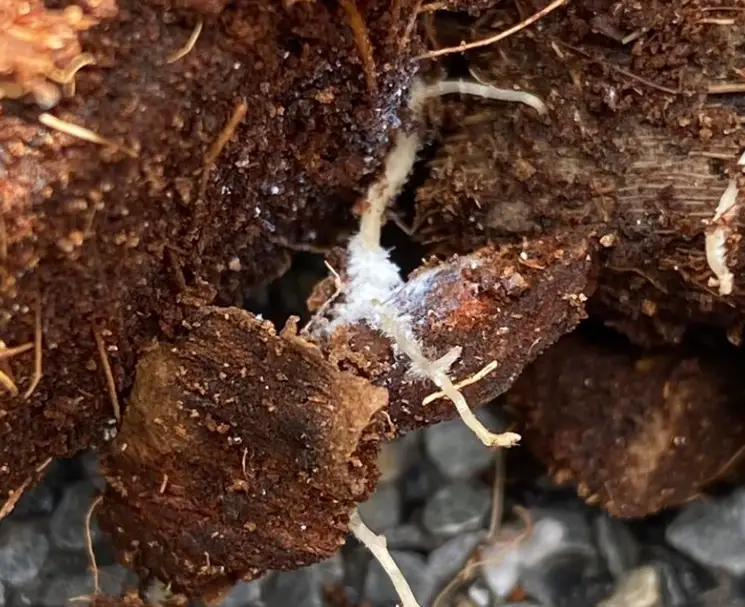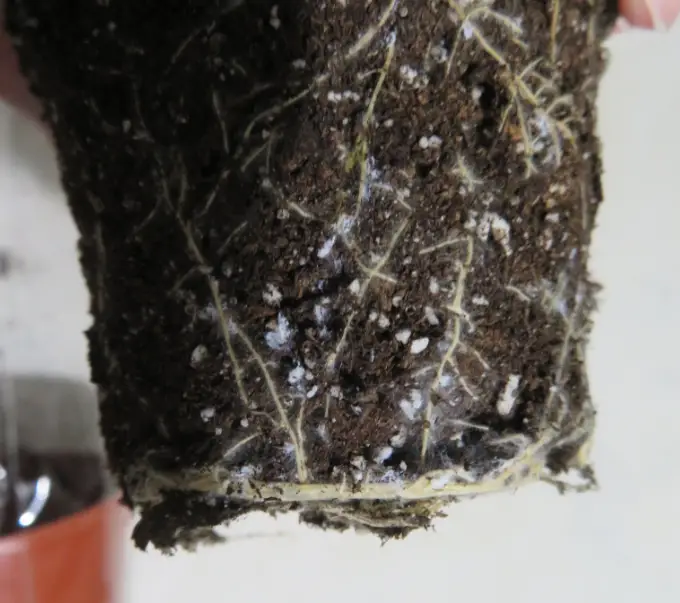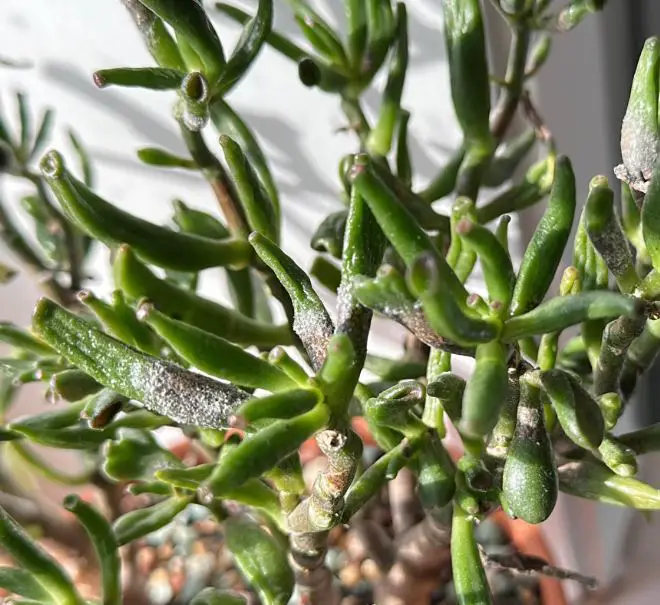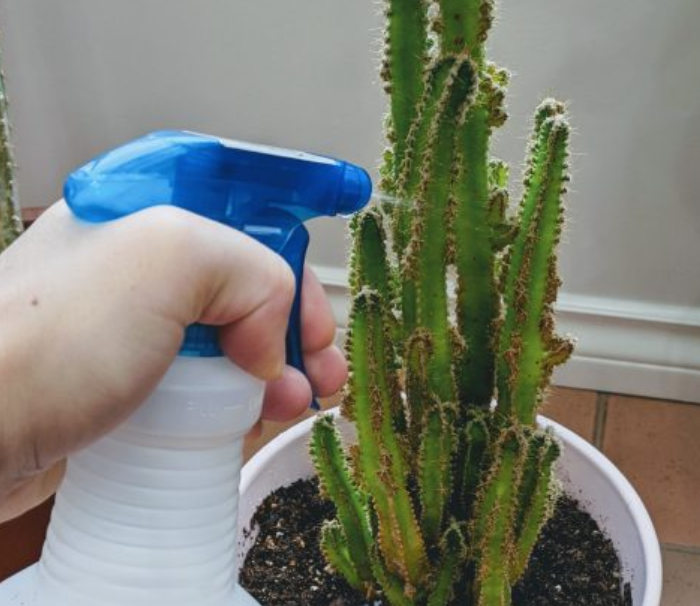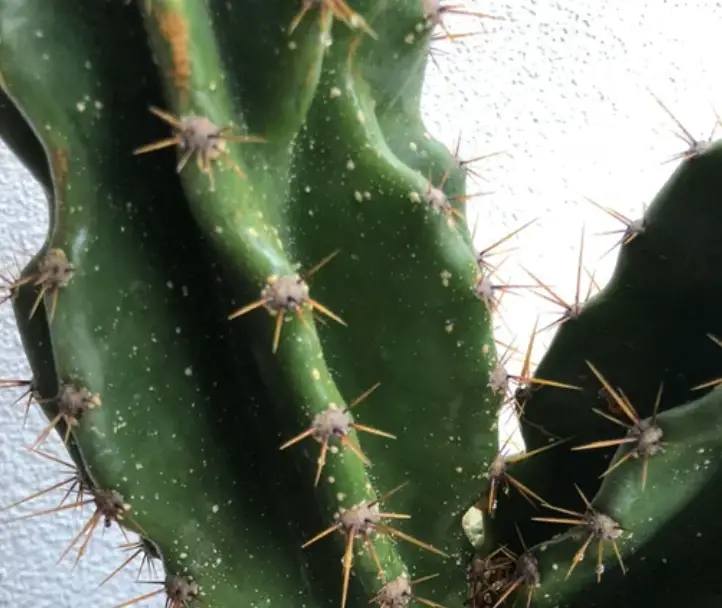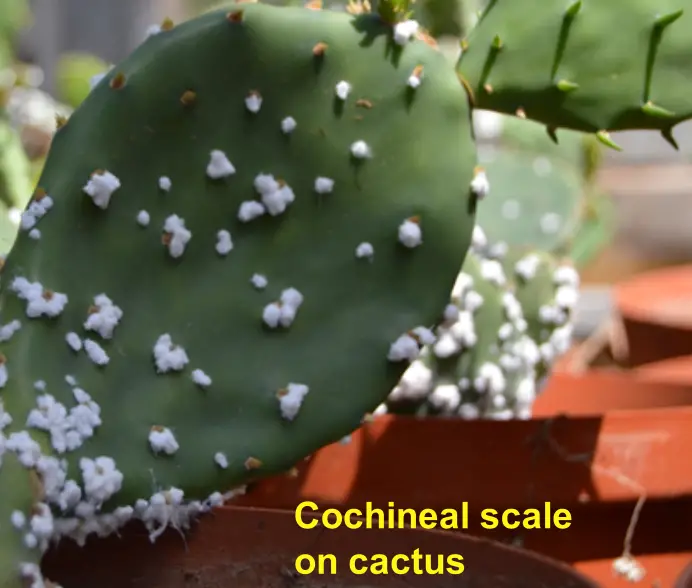Does Killing Aphids with Soapy Water Really Work? Find Out Here
Aphids are common pests in our gardens and they can quickly multiply and cause damage to plants as they feed on sap. While there are many chemical pesticides for controlling aphids, they end up killing beneficial insects and causing other harm to the environment.
Fortunately, there are as well many homemade aphid spray solutions that are safe and eco-friendly. Soap is one of the key ingredients used and this brings us to the question; does killing aphids with soapy water really work?
The straight answer is Yes. Soapy water washes off the wax or protective coating on an insect’s body causing it to dry out and die. The solution also works by smothering aphids, interrupting their cell membranes, and causing suffocation.
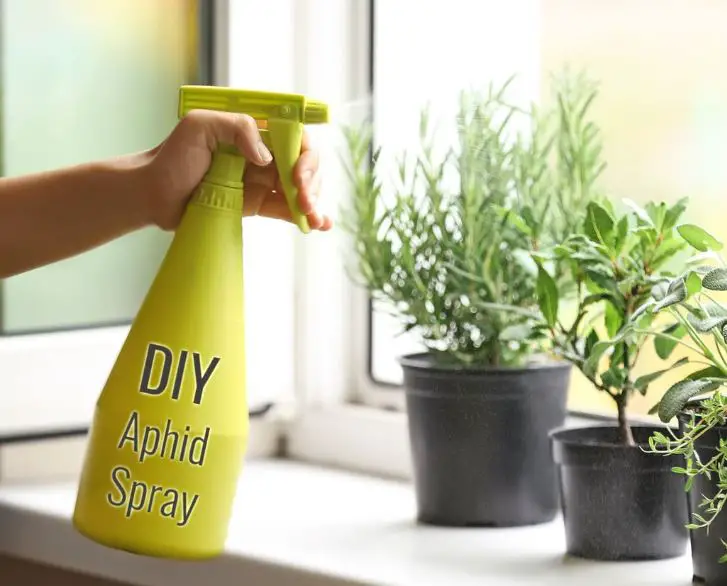
Killing aphids with soapy water
Killing aphids with sappy water is a straightforward process that doesn’t require any special equipment or expertise. You likely already have dish soap at home, making it a budget-friendly option for pest control. Further, applying soapy water to your plants won’t harm beneficial insects like pollinators.
Although it’s not yet scientifically confirmed how soap kills insects, the results are always amazing. Small soft-bodied insects are the best target for control with soapy water. You can use it on aphids, mealybugs, whiteflies, spider mites, and many more.
Because soapy water works by direct contact with the insect, you need to take good aim. This means spraying the plant thoroughly including the underside of the leaves where most pests tend to hide. The water pressure is also likely to knock off most of the insects from the plant.
How to kill aphids with soapy water
To kill aphids with soapy water, you’ll need the following:
- Liquid dish soap (preferably mild, fragrance-free)
- Water
- Spray bottle
- A gentle garden hose (optional)
Instructions
- Fill your spray bottle with water, leaving some room at the top for the soap. Add 1-2 teaspoons of your liquid dish soap to the water and shake gently to mix the solution. Be careful not to create so many suds.
- Inspect your garden and identify the plants infested with aphids. If they are potted, isolate them from the rest and inspect them. Look for clusters of tiny, pear-shaped insects, usually found on the undersides of leaves or at the tips of new growth.
- In the early morning or late afternoon when the sun is not too harsh, spray the soapy solution directly onto the aphids. Target more on the undersides of the leaves and other affected parts of the plant.
- After the aphids are gone, rinse your plants with clean water to remove any soap residue. This will help prevent any potential damage to your plants.
- Check your plants regularly for any signs of aphid resurgence and reapply the soapy water solution as needed until the aphids are completely gone.
Can soapy water burn your plants?
Soapy water in high concentrations can burn your plant. The damage on the foliage includes brown spots on the leaves or a whole plant wilting. Spraying the solution in extremely hot temperatures, above 90°F or when the plant is stressed is also not recommended.
If you are making your own insecticides, use a 2% fragrant-free soap solution. Further, test the spray on a small part of the plant, maybe on a few leaves, and wait to see the results. Use your soapy solution fully on the plant if no damage is observed.
There are also commercially available insecticidal soaps that are formulated with reduced chances of causing damage to the plant damage. Some are ready to use and others need to be diluted. So, make sure to read and follow what the manufacturer recommends on the product label.
Safe alternatives to soapy water
There are other safe alternatives to soapy water if you want to go natural in controlling aphids and other pests in your garden. They include the following.
Neem oil
Neem oil is a natural pesticide derived from the neem tree. It works by disrupting insect feeding and growth which reduces their populations. Covering bugs with oil also blocks their breathing opening, causing them to suffocate and die. So, do you prefer neem oil or insecticidal soap?
Water spray
A strong stream of water from a hose can physically dislodge aphids from your plants. Be sure to focus on the undersides of leaves and new growth. To soil of your potted plants should be covered with a plastic bag to avoid overwatering and other fungal issues.
Beneficial insects
Introducing natural predators like ladybugs, lacewings, or parasitic wasps into your garden can help keep aphid populations in check. However, beneficial insects can be difficult to introduce in a home setup. Their effectiveness can also be affected by cold and wet weather conditions.
Final thought
Killing aphids with soapy water is safe, natural, and effective. It is a straightforward way to protect your plants from destructive pests. By choosing this eco-friendly method, you also protect other lives in the garden including pollinators. However, use soapy water in the right concentration to avoid harming your plants.
References
Cranshaw, W. (2016, February 22). Insect control: Soaps and detergents. https://extension.colostate.edu/topic-areas/insects/insect-control-soaps-and-detergents-5-547/
Ubl, J. D., Munnerlyn, C., & Williamson, J. (2019, June 11). Insecticidal soaps for Garden pest control. Home & Garden Information Center | Clemson University, South Carolina. https://hgic.clemson.edu/factsheet/insecticidal-soaps-for-garden-pest-control/
My name is Diane M Lewik, and I am the founder of this website. I am a degree holder in plant biology from the University of California – Berkeley. Over the years, I have cultivated a vast collection of succulents and I have learned a great deal about how to grow and care for these unique plants. Feel free to ask any questions in the comment section below.
